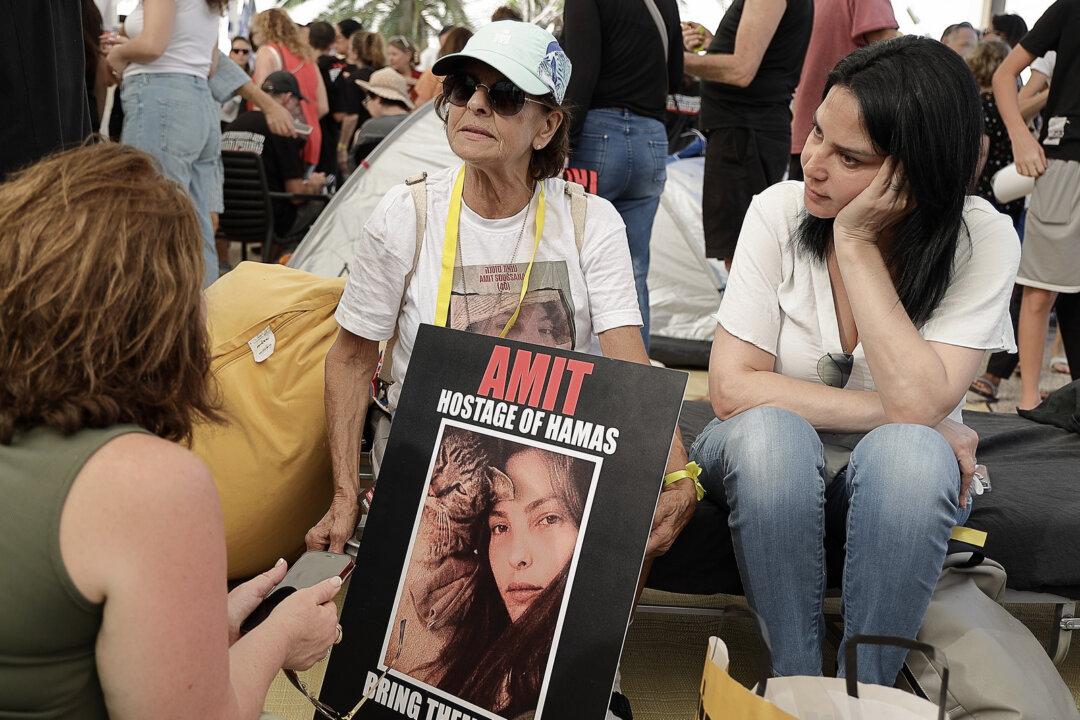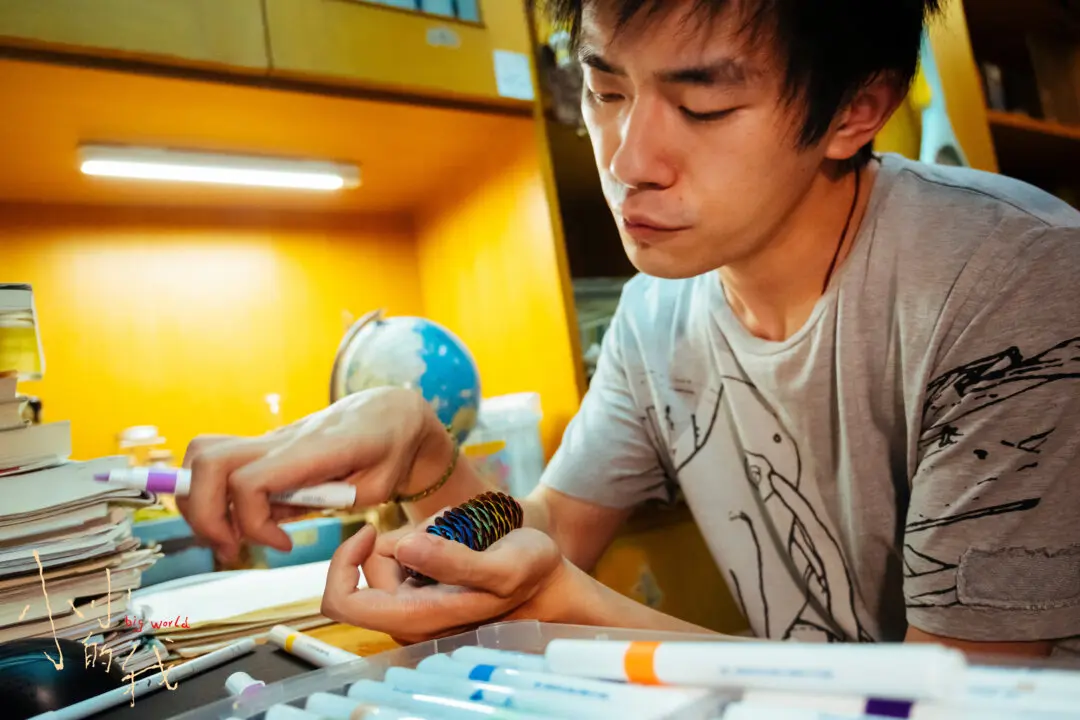NR | 57m | Documentary | 2024
Truth is seldom easy to tell, or pleasant to absorb. As truth-telling goes, this documentary is neither. Its introductory text states that on Oct. 7, 2023, “thousands of Hamas terrorists invaded Israel in a coordinated attack that targeted civilian villages, kibuttzim, military camps and the Nova Music Festival. In just a few hours, Hamas murdered 1,200 men, women and children. Thousands more were injured and over 250 Israelis and foreign nationals were kidnapped.”





